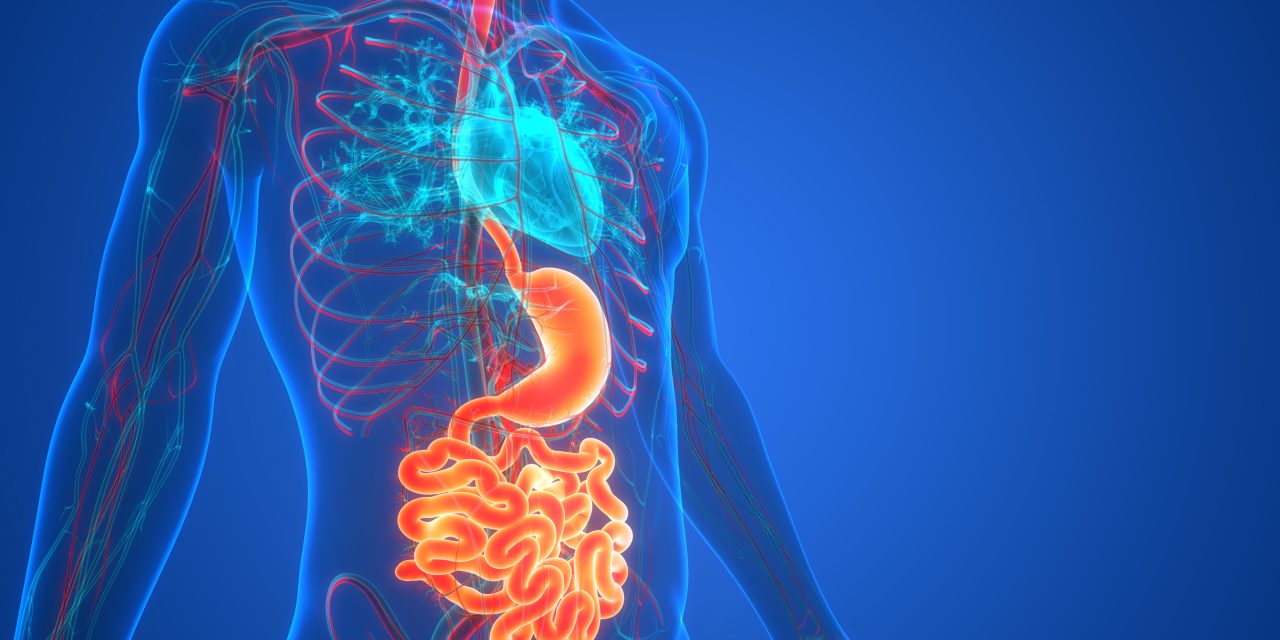The microbiota of the mother has an impact on the gut colonization of newborns, as suggested by a study. The processes of vertical bacterial transmission, on the other hand, are yet unknown. The researchers assumed that the initial colonizers of the infant originate from the mother’s stomach and a vaginal canal during pregnancy, regardless of delivery method. In very preterm newborns, researchers conducted an observational longitudinal study to assess the connection between the maternal gut microbiota and the meconium microbiota. Samples were tested for DNA from bacteria, and distinct bacterial types were quantified by RT-PCR. The researchers found bacterial DNA in 88 percent of the meconium samples in this group of 117 premature babies. The meconium microbiome of neonates born after 28 weeks of pregnancy (very preterm neonates) had greater connections with the fecal microbiota of their mothers. Regardless of the route of delivery, neonates born before 28 gestational weeks (very preterm neonates) exhibited more Lactobacillus – the species that dominated the vaginal microbiota – than very preterm neonates. The findings support the concept that maternal bacteria from the gut and vagina can influence the gut microbiota of newborns and that mother-to-infant bacterial transference is a time-limited and controlled process.
Link:www.tandfonline.com/doi/full/10.1080/19490976.2020.1785804


